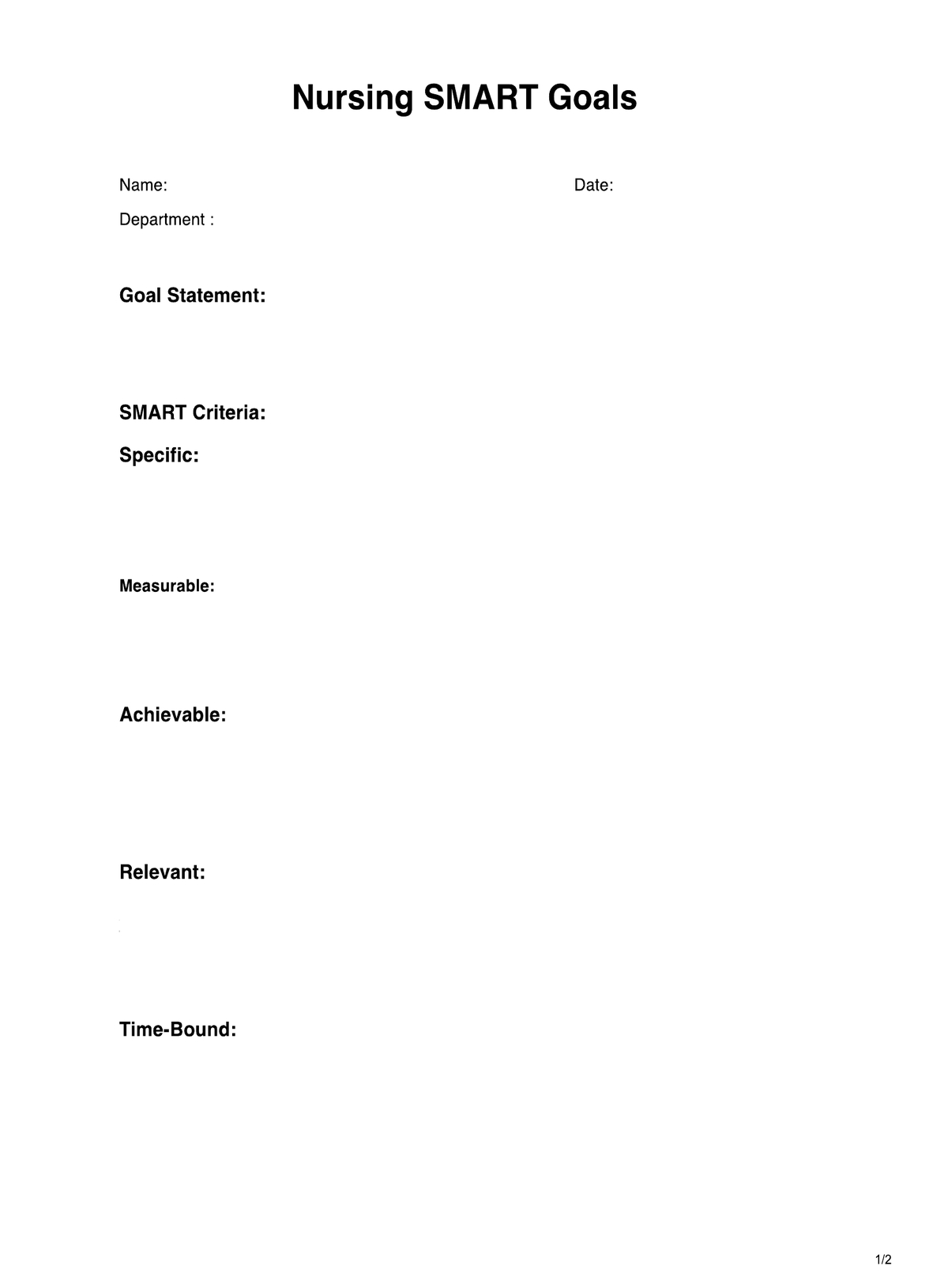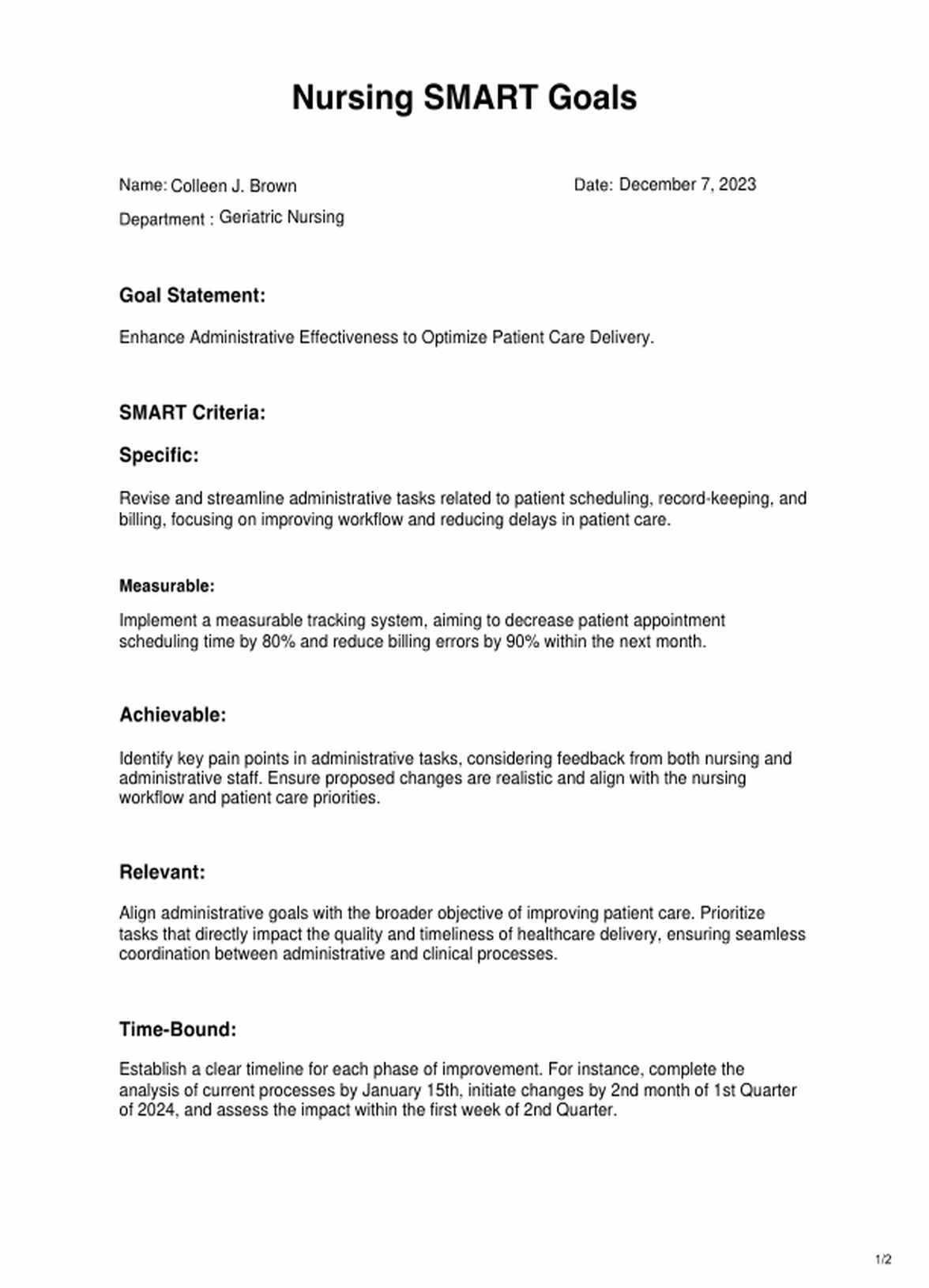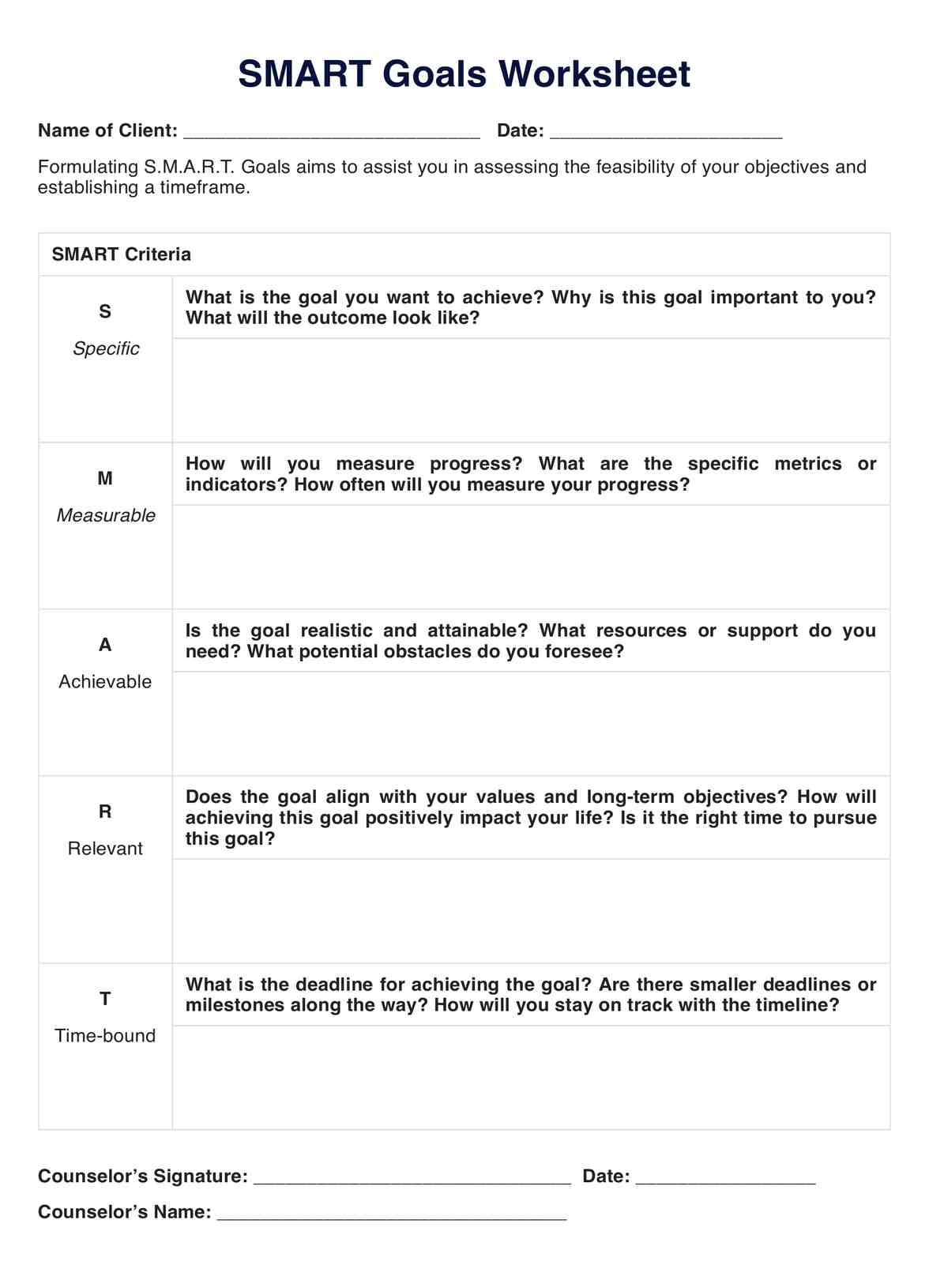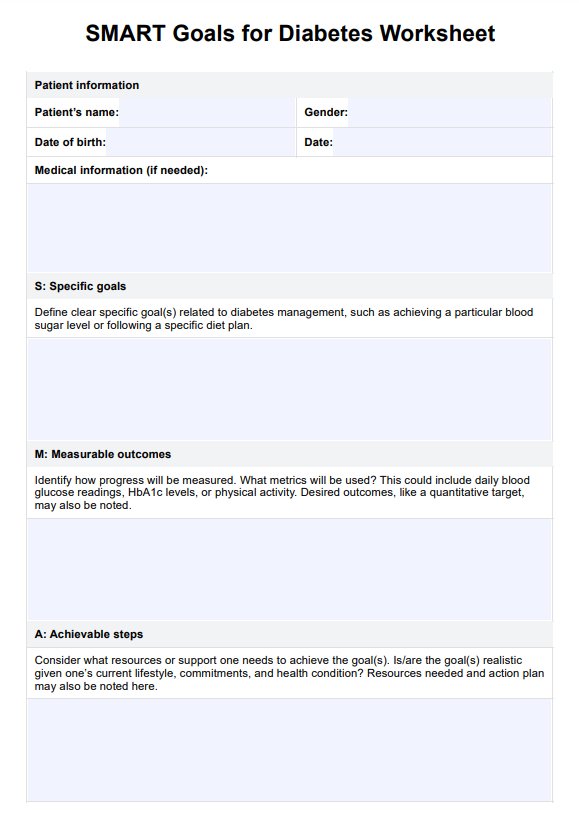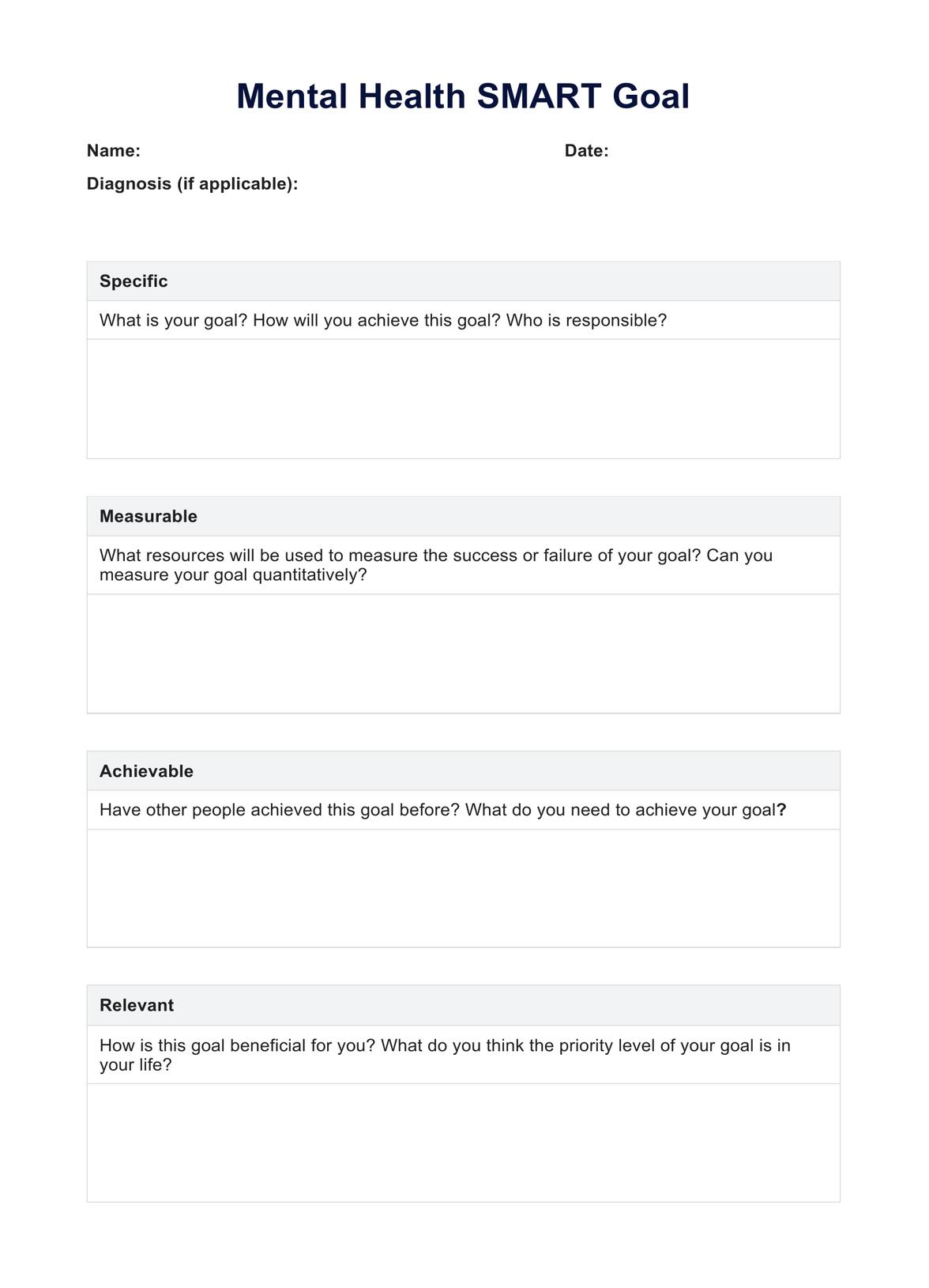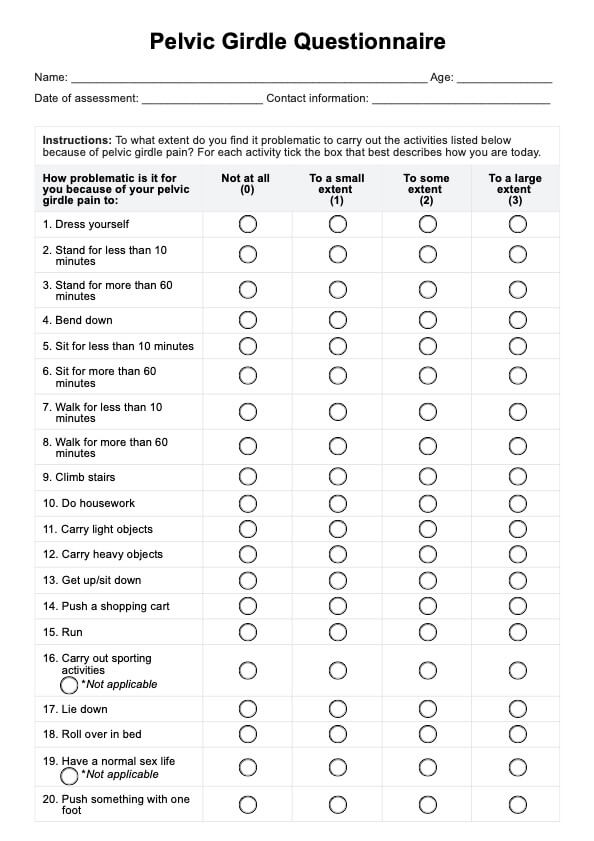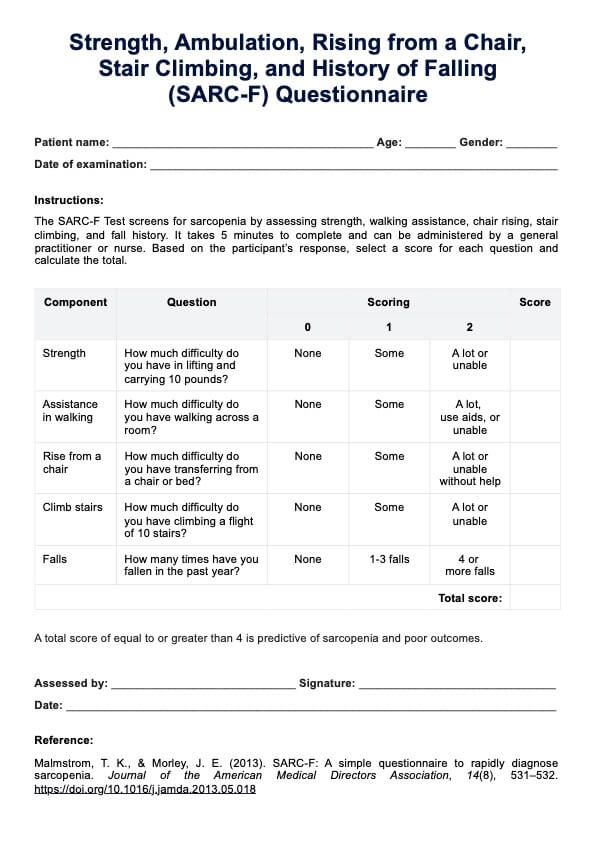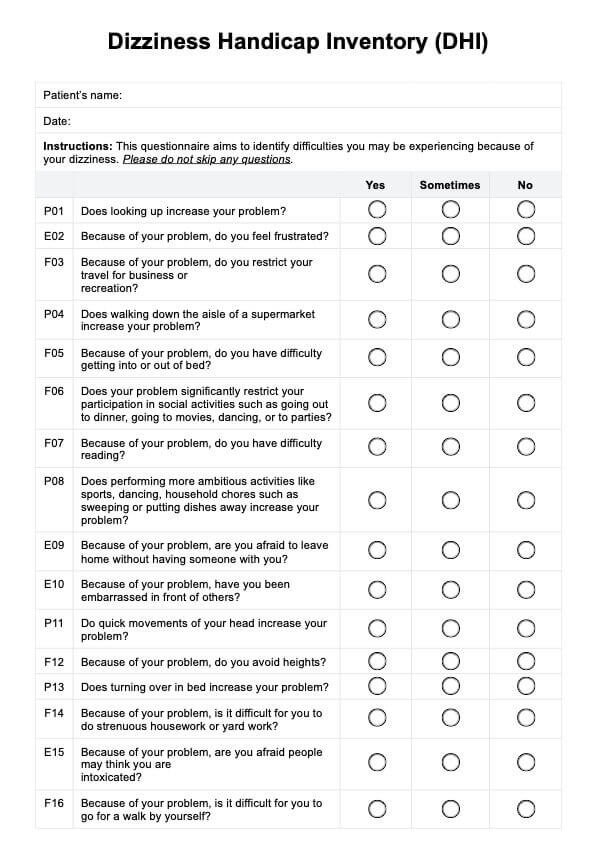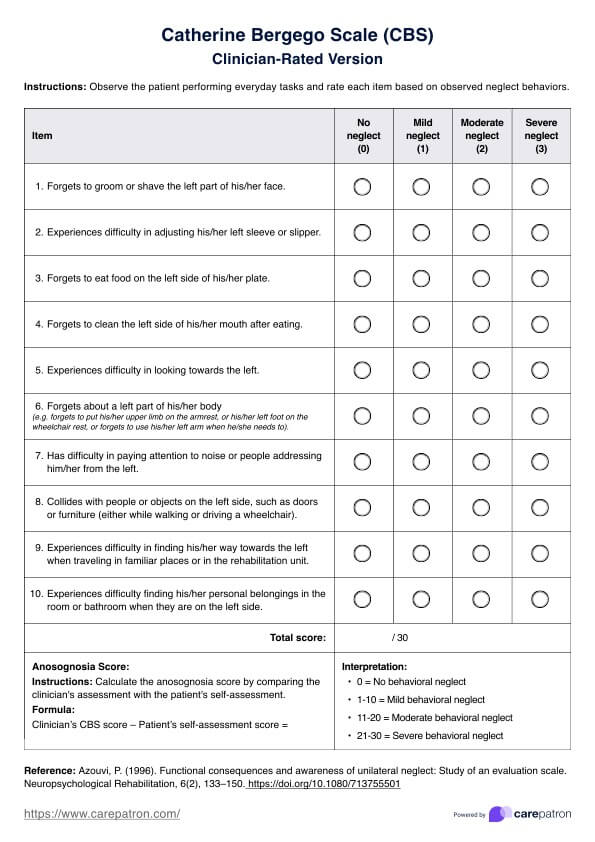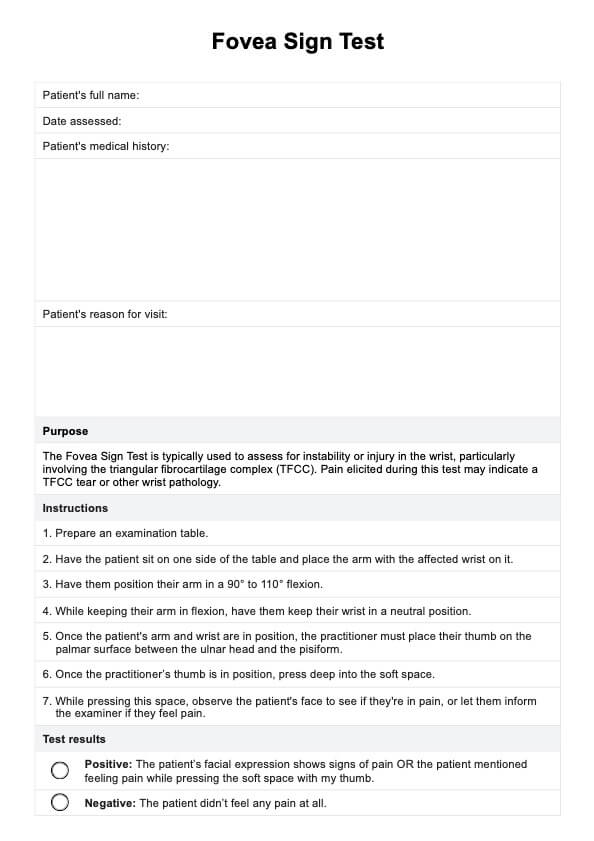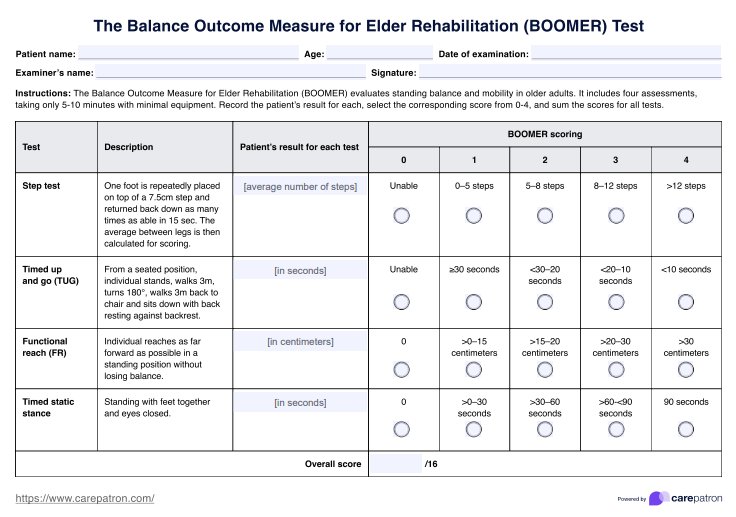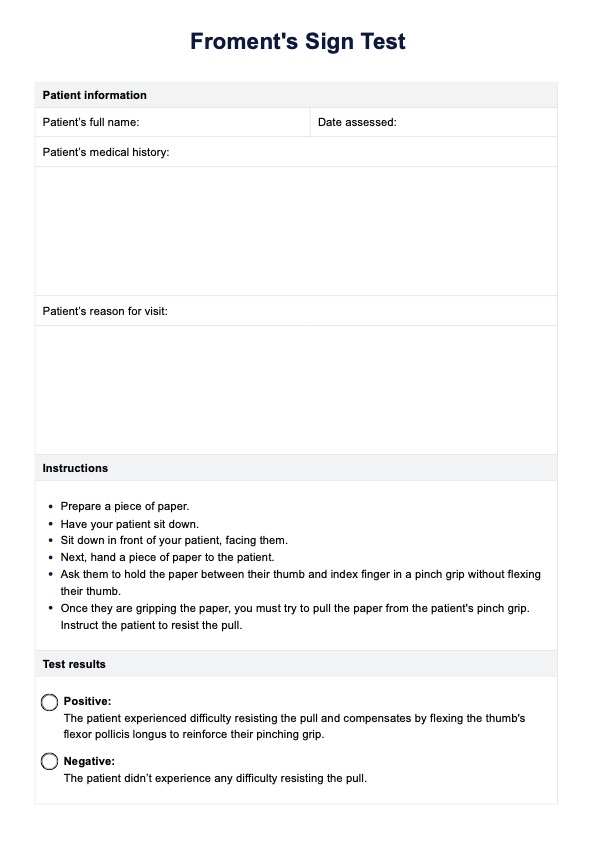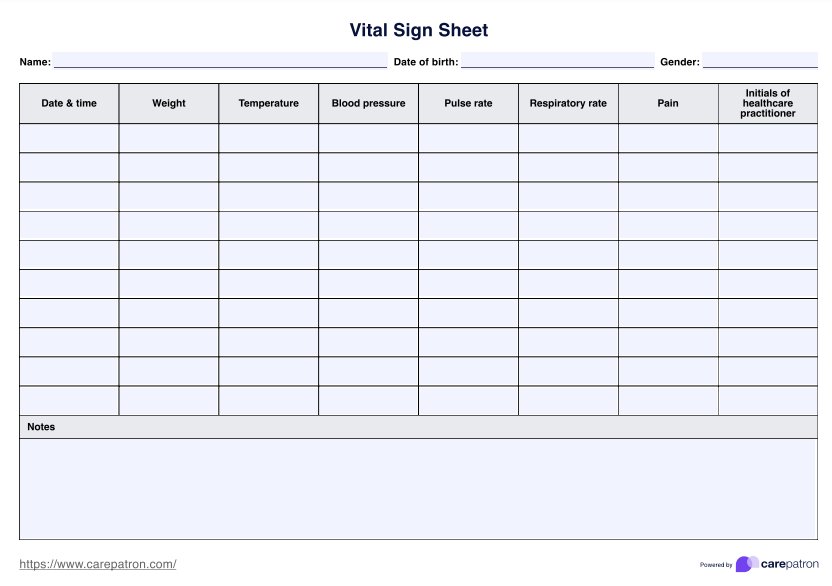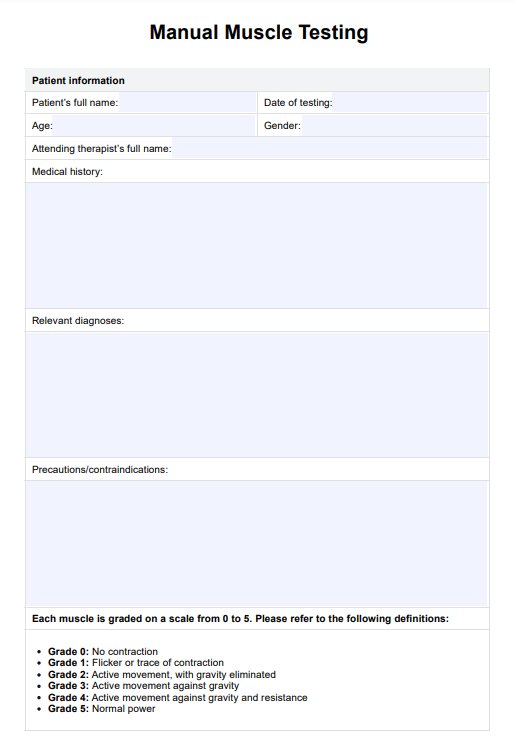SMART Goals Nursing Template
Enhance nursing efficiency with our SMART Goals Nursing Template, fostering precision and accountability in healthcare goal-setting. Elevate patient care today!


SMART goals and their criteria
Crafting SMART goals is a strategic approach that empowers healthcare practitioners to set objectives with clarity and purpose. SMART, an acronym for Specific, Measurable, Achievable, Relevant, and Time-Bound, provides a framework for goal-setting that enhances effectiveness and success in healthcare practices.
Specific
The specificity of a goal ensures a clear and well-defined target. This might involve defining precise patient outcomes, treatment protocols, or procedural improvements in healthcare. For instance, a specific goal could focus on reducing patient waiting times in a clinic by a certain percentage.
Measurable
Measurability is crucial for tracking progress and determining success. Healthcare goals should involve quantifiable metrics, such as decreased readmission rates, increased vaccination rates, or improved patient satisfaction scores. Measurable goals enable practitioners to assess their impact and adjust strategies as needed.
Achievable
Goals should be challenging yet attainable. This could involve setting realistic targets for improvements in patient care, workflow efficiency, or staff training in the healthcare setting. An achievable goal ensures practitioners are motivated and empowered to work towards meaningful objectives without feeling overwhelmed.
Relevant
Relevance ensures that goals align with broader healthcare objectives and organizational missions. In healthcare, relevant goals might address pressing issues such as improving patient safety, enhancing diagnostic accuracy, or implementing evidence-based practices. This alignment ensures that efforts contribute directly to the overall success of healthcare initiatives.
Time-bound
Setting a timeframe for goal achievement adds a sense of urgency and accountability. In healthcare, time-bound goals may involve implementing new protocols within a specific period, reducing medication errors by a certain deadline, or achieving accreditation milestones. Time-bound goals prevent indefinite delays and encourage proactive, timely actions.
In essence, the SMART criteria provide a structured and systematic approach to goal-setting in healthcare. They guide healthcare practitioners to articulate their intentions clearly, measure progress objectively, and ultimately enhance patient care, operational efficiency, and overall healthcare outcomes. As healthcare evolves, adopting SMART goals becomes increasingly pivotal in driving continuous improvement and innovation.
SMART Goals Nursing Template
SMART Goals Nursing Template Example
Why SMART goals are important for nurses
SMART goals are integral to nursing, shaping successful careers and elevating patient care. In the dynamic and demanding nursing field, creating SMART goals—Specific, Measurable, Achievable, Relevant, and Time-Bound—is a strategic necessity that positively impacts various facets of a nurse's professional journey.
Patient care and safety
For nurses, SMART goals provide a structured approach to enhancing patient outcomes and safety. By setting measurable objectives related to critical thinking skills, clinical judgment, and communication, nurses can continuously improve the quality of care they deliver.
Efficiency and time management
Efficiency is paramount in nursing, and SMART goals contribute significantly to achieving it. Nurses can set realistic goals to streamline workflows, complete tasks within specified time frames, and enhance overall work environment efficiency, fostering a balance between work responsibilities and personal life.
Professional development
SMART goals are a cornerstone for nursing professionals aiming for continuous growth. Nurses can establish relevant objectives tied to their career trajectory, such as pursuing advanced education, attending seminars, or becoming a charge nurse or nurse practitioner. These goals serve as a roadmap for professional development.
Nursing education and student success
or nursing students, SMART goals provide a structured framework for success in nursing school. Whether improving clinical skills, mastering assessment notes, or diving deeper into patient details, setting objectives ensures focused and measurable progress throughout their educational journey.
Work-life balance
Maintaining a healthy work-life balance is crucial for nurses' well-being. SMART goals facilitate setting realistic objectives, enabling nurses to accomplish tasks efficiently during their shifts and carve out time for personal life, mental health, and well-deserved rest.
Continuous improvement and collaboration
In the ever-evolving healthcare landscape, SMART goals empower nursing staff to improve their practices continuously. By setting objectives that involve collaboration with other nurses, sharing best practices, and incorporating new technologies, nurses contribute to a smart system that fosters success in patient care and professional growth.
SMART goals are not just a set of principles; they are a dynamic force driving success in the nursing profession. By setting measurable, achievable, and relevant goals within a defined time frame, nurses enhance their skills, contribute to patient well-being, and achieve milestones that shape fulfilling and impactful careers in healthcare.
What are patient-centered SMART Goals for nursing?
In nursing, Patient-Centered SMART goals are a cornerstone for delivering high-quality and personalized care. By incorporating the SMART criteria—Specific, Measurable, Achievable, Relevant, and Time-Bound—nurses can ensure their goals align with enhancing patient outcomes, safety, and overall satisfaction.
Specific patient-centered goals: Patient-centeredness starts with specific goals that address each patient's unique needs. Whether improving pain management, enhancing communication skills, or tailoring care plans to individual patient details, specificity ensures a focused approach to care.
Measurable improvement in patient outcomes: Measurability is key in assessing the impact of nursing interventions on patient outcomes. Goals should involve quantifiable metrics, such as reduced recovery time, improved patient satisfaction scores, or decreased readmission rates. Measuring progress provides tangible evidence of the effectiveness of nursing care.
Achievable enhancements in safety and efficiency: Nurses can set achievable patient safety and care efficiency goals. This might involve implementing new protocols, improving clinical judgment skills, or enhancing teamwork to prevent errors and create a safer healthcare environment.
Relevant professional development: Patient-centered goals extend beyond immediate care to include professional development. Nurses can set objectives that align with improving their skills and knowledge, such as attending relevant seminars or pursuing advanced certifications, making their patient contributions to care more valuable.
Time-bound goals for timely patient care: Time-relevant goals are crucial in the fast-paced healthcare environment. Nurses can set time frames for completing assessments, writing clear and concise goal statements, or developing treatment plans. Time-bound objectives contribute to efficient care delivery within the demanding nursing profession.
Patient-centered communication and collaboration: Effective communication is fundamental to patient-centered care. Nurses can set goals to enhance communication skills, ensuring that patients are actively involved in their care plans and that information is conveyed in plain language, promoting better understanding and treatment adherence.
Holistic patient care: Patient-centered SMART goals should address patients' holistic well-being, considering physical and mental health. Nurses can set goals to support patients' emotional needs, providing compassionate care that contributes to overall wellness.
What are patient-centered SMART goals for nursing?
In nursing, Patient-Centered SMART goals are a cornerstone for delivering high-quality and personalized care. By incorporating the SMART criteria—Specific, Measurable, Achievable, Relevant, and Time-Bound—nurses can ensure their goals align with enhancing patient outcomes, safety, and overall satisfaction.
- Specific patient-centered goals: Patient-centeredness starts with specific goals that address each patient's unique needs. Whether improving pain management, enhancing communication skills, or tailoring care plans to individual patient details, specificity ensures a focused approach to care.
- Measurable improvement in patient outcomes: Measurability is key in assessing the impact of nursing interventions on patient outcomes. Goals should involve quantifiable metrics, such as reduced recovery time, improved patient satisfaction scores, or decreased readmission rates. Measuring progress provides tangible evidence of the effectiveness of nursing care.
- Achievable enhancements in safety and efficiency: Nurses can set achievable patient safety and care efficiency goals. This might involve implementing new protocols, improving clinical judgment skills, or enhancing teamwork to prevent errors and create a safer healthcare environment.
- Relevant professional development: Patient-centered goals extend beyond immediate care to include professional development. Nurses can set objectives that align with improving their skills and knowledge, such as attending relevant seminars or pursuing advanced certifications, making their patient contributions to care more valuable.
- Time-bound goals for timely patient care: Time-relevant goals are crucial in the fast-paced healthcare environment. Nurses can set time frames for completing assessments, writing clear and concise goal statements, or developing treatment plans. Time-bound objectives contribute to efficient care delivery within the demanding nursing profession.
- Patient-centered communication and collaboration: Effective communication is fundamental to patient-centered care. Nurses can set goals to enhance communication skills, ensuring that patients are actively involved in their care plans and that information is conveyed in plain language, promoting better understanding and treatment adherence.
- Holistic patient care: Patient-centered SMART goals should address patients' holistic well-being, considering physical and mental health. Nurses can set goals to support patients' emotional needs, providing compassionate care that contributes to overall wellness.
Again, SMART goals are important for managing patient conditions because they are clear and achievable. In addition to the SMART Goals for Nursing Template, we have one resource, the SMART Goals for Diabetes Template, that you can use to create specific goals for patients with diabetes.
Benefits of nursing SMART goals
Here are some of the benefits of nursing SMART goals:
Improve communication skills
Setting SMART goals for communication skills enhances a nurse's ability to interact effectively with patients and colleagues. Nurses can measure improvement by establishing specific objectives, such as attending communication workshops or engaging in role-playing exercises, fostering clear, concise, and patient-centered communication. This contributes to patient satisfaction and strengthens collaborative relationships among healthcare teams, an integral part of a successful nursing career.
Patient safety
SMART goals play a crucial role in enhancing patient safety. By setting measurable objectives related to safety protocols, error reduction, and continuous improvement; nurses can achieve short-term goals that contribute to the ultimate aim of providing a secure healthcare environment. Focusing on specific, achievable outcomes ensures tangible improvement, creating a safer setting for patients and healthcare professionals.
Improve time management
Setting SMART goals for time management is an essential aspect of nursing. Nurses can make measurable progress in improving efficiency by defining specific tasks, establishing a clear end date, and breaking down larger goals into short-term objectives. This not only benefits their workflow but also contributes to better patient care. Achieving these goals enhances nurses' ability to balance tasks effectively, an integral part of a successful and sustainable nursing career.
Learning and development
SMART goals are instrumental in driving continuous learning and development for nurses. Nurses can make tangible gains in their professional growth by setting specific, measurable objectives for acquiring new skills, attending educational seminars, or pursuing certifications within a defined time frame. This approach ensures that learning becomes integral to their career, contributing to ongoing progress and adaptability to evolving healthcare practices.
Improve workflow
Efficient workflow is critical in nursing, and SMART goals provide a structured approach to improvement. By setting specific objectives to streamline processes, reduce redundancies, and enhance teamwork, nurses can achieve short-term goals, contributing to overall workflow efficiency. This optimizes their daily tasks and creates a more productive and collaborative work environment, fostering progress and success in patient care.
Improve patient outcomes
Setting SMART goals directly impacts patient outcomes by focusing on specific, measurable improvements in care delivery. Whether it involves reducing wait times, implementing evidence-based practices, or enhancing treatment plans, nurses can achieve short-term goals that contribute to measurable progress in patient health. This patient-centered approach ensures that the ultimate goal of providing optimal care is continuously pursued, reinforcing the positive impact of nursing interventions.
Tips for creating short-term and long-term nursing goals
Creating effective short-term and long-term nursing goals is pivotal for ensuring patient safety, efficient care delivery, and professional growth. Here are five tips to guide nurses in setting SMART goals that align with the Five Attributes:
- Clearly define your goal statement: Begin by crafting a clear and concise statement specifying your aim. Whether enhancing patient safety protocols, improving care efficiency, or advancing your career, a well-defined goal statement sets the foundation for a SMART goal. Clearly articulate the desired outcome to ensure a focused and measurable objective.
- Utilize SMART criteria: Apply the SMART criteria—Specific, Measurable, Achievable, Relevant, and Time-Bound—to short-term and long-term goals. For instance, if improving patient care efficiency is the goal, define specific areas for improvement, set measurable targets, ensure achievability within your current role and relevance to overall patient care, and establish a realistic timeframe for progress.
- Break down long-term goals into short-term objectives: Long-term nursing goals can be overwhelming when viewed as a single entity. Break them down into smaller, manageable short-term objectives. This step-by-step approach allows for measurable progress, ensuring that each achievement contributes to the overall success of the long-term goal. For instance, if pursuing a higher degree is a long-term goal, short-term objectives could involve completing specific coursework or gaining relevant experience.
- Focus on the five attributes: Consider the Five Attributes—Clear, Attainable, Sustainable, Relevant, and Measurable—when setting nursing goals. Ensure your goals are unambiguous, attainable within your current circumstances, sustainable for ongoing progress, directly relevant to patient care and your career, and measurable to track achievements and success.
- Regularly review and reflect on achievements: Goal-setting is iterative - practice this using Goal-Setting Worksheets. Regularly review and reflect on your achievements, whether short-term or long-term. Evaluate progress, celebrate accomplishments, and adjust goals as needed. Acknowledge what has been achieved and consider how each accomplishment contributes to ongoing patient care excellence, safety, and professional development.
Commonly asked questions
SMART goals in nursing are specific, measurable, achievable, relevant, and time-bound objectives that healthcare professionals set to enhance patient care, safety, and efficiency. This framework ensures clarity, focus, and accountability in goal-setting.
SMART goals are crucial for nurses as they provide a structured approach to goal-setting, promoting measurable progress in critical areas such as patient outcomes, safety protocols, communication skills, and professional development. This methodology ensures nurses can continuously improve their practices and contribute to the overall success of healthcare initiatives.
To create SMART goals in nursing, define specific and measurable objectives achievable within your current role, relevant to patient care, and time-bound for a clear timeframe. Utilize the SMART criteria to guide your goal-setting process, ensuring each goal is well-defined and focused on continuous improvement.


